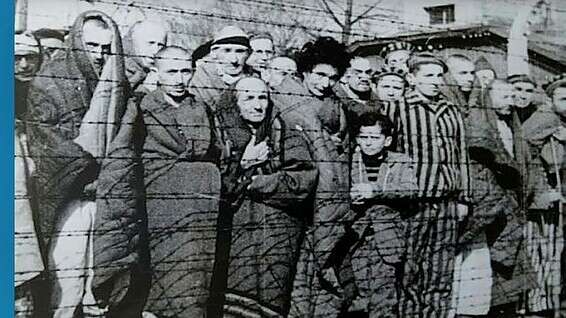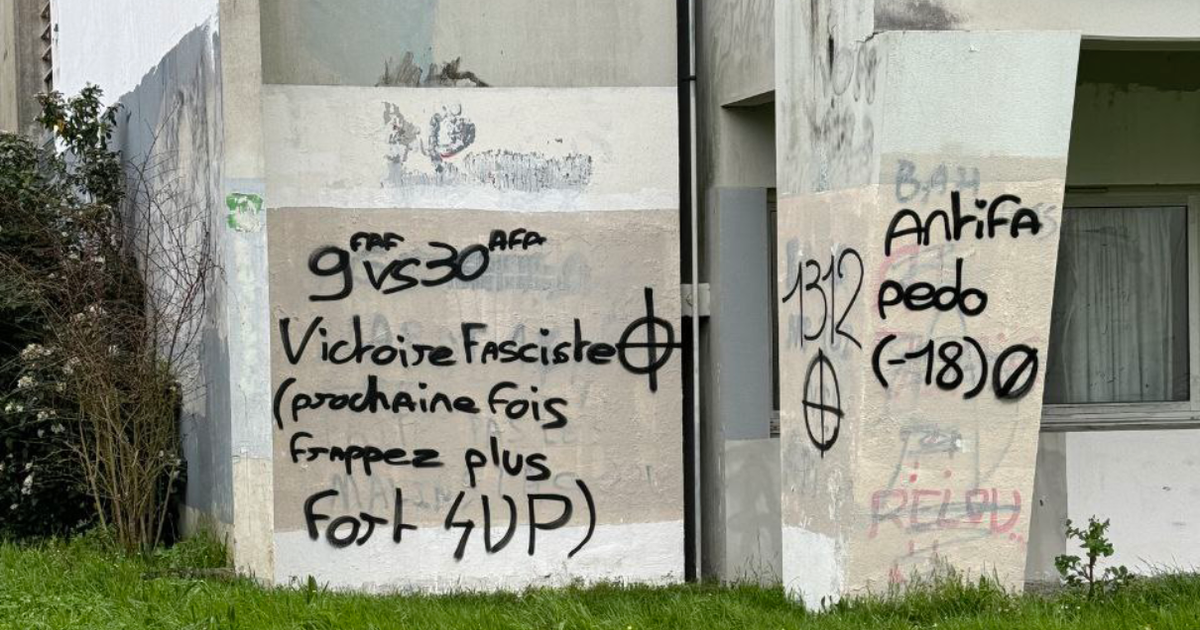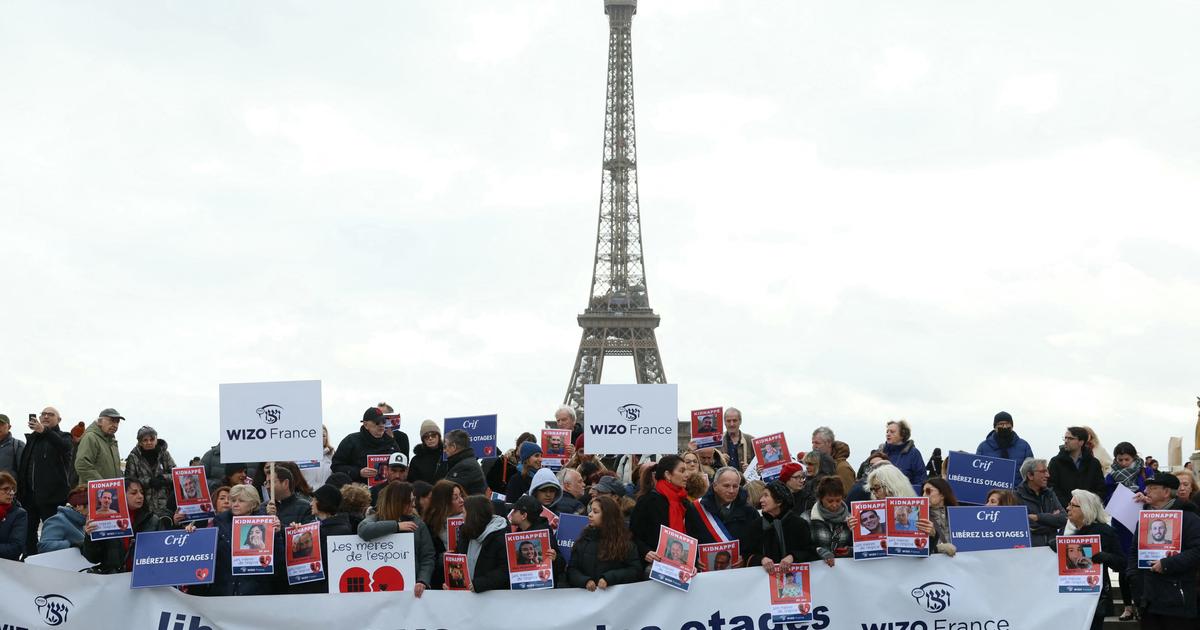According to research by the Cantor Center for the Study of European Jewry, closures in various countries around the world have led to a decrease in the number of violent incidents among Jews - and no Jew has been killed because of his religion • However, there has been an increase in anti-Semitism in the dark.
During 2020, there was a worsening of blatant and anti-Semitic remarks on the Internet and social networks towards the Jews due to the Corona epidemic, according to data from the Anti-Semitism Report published today (Wednesday) by the Cantor Center for European Jewish Studies at the Faculty of Humanities of Tel Aviv University and the European Jewish Congress.
Anti-Semitism in the Corona Age - Anti-Semitism Report for 2020 // Photo: Courtesy of the Cantor Center
The study data show that the closure in the various countries reduced the chances of encounters between Jews and other people, which could harm them, thus reducing the number of violent incidents from 456 from 2019 to 371 for 2020, a number similar to that of 2018-2016.
In addition, no Jew was murdered because of his religion, and there was also a decrease in the number of physical injuries to Jews from 170 in 2019 to 107 in 2020.
Another decrease in the data is in the damage to private property (from 130 cases to 84), this is because last year people were mainly found in their homes.
In most countries, there has been a decrease in the number of cases of violence, assault on people and their property and threats and arson, but the level of vandalism towards Jewish property and institutions remains similar to that of 2019, and in some cases even increased.
There has been an increase in the number of desecrations of cemeteries and the destruction of monuments to the Holocaust and others around the world, from 77 cases in 2019 to 96 last year, because these are in an unprotected area, and also in damage to synagogues (from 53 to 63).
It should be noted that in the United States there has been an upward trend in the number of violent cases over the past few years, up to 119 last year (compared to 99 in 2017, for example), and in Germany there was an increase in all cases, from 2,032 in total to 2,275 in 2019. 2020, when 59 of them were cases of violence.
In both countries, vandalism is the majority.
In addition, because the public space was closed during the Corona period and people remained in their homes, activity on social networks, and antisemitic activity in general, was greatly intensified, and this was characterized by aggression and verbal violence.
The nature of these phenomena is difficult to quantify.
The Zoom Bombing phenomenon
The use of "Zoom" became an effective and common means of communication last year, which can also be harmed by thugs breaking into virtual events held in synagogues, Jewish communities and students, to prevent the continuation, take advantage of the stage and present swastikas, antisemitic presentations, speeches by representatives Such organization and more.
In the U.S. alone, 200 Zoom Bombing cases were recorded.
During the year, the dark web developed through the formation of extremist groups, especially far-right groups, such as white supremacists and neo-Nazis.
These groups operate on their own, unsupervised network, their own sites, which are very difficult to track.
Research editor and head of the Cantor Center, Professor Dina Porat: "The reality in the days of the Corona dictated the nature and dimensions of anti-Semitism in 2020, a year that was tense and turbulent around the world. Prejudices, superstitions, primordial fears and angular theories surfaced. The accusation of Jews and Israelis of the creation and spread of the corona virus, known as Judeovirus (solder between the words "Jew" and "virus"), was the main motif in antisemitic expressions, and stems from a deep fear of the Jewish / Israeli figure as a former disease distributor. And in the present. "
Prof. Porat added that as soon as the corona plague spread around the world, it began to be accused that Jews and Israelis developed the virus and that they spread it around the world, and that they would find a cure for the disease and vaccine against it in order to sell them to the sick world.
This claim has been voiced not only in extremist circles such as white supremacists, ultra-conservative Christians and regular accusers, such as Turkey and the Palestinian Authority, and especially Iran, which has devoted efforts to spreading blame but spread to a politically or ideologically unidentified population.
According to her, vaccine opponents compared the restrictions and closures, which were intended to reduce the spread of the epidemic, to the policies of the Nazi regime, and accused the establishment and governments in various countries of using coercive measures: the closure was compared to incarceration in ghettos and camps.
The immunization campaign in Israel, aided by Israelis and Jews who head the companies that manufacture them, such as Tal Zacks, director of medical research at a modern company, and Albert Burla, CEO of Pfizer (who in some cases was compared to senior Nazi Josef Mengele), reinforced the one-handed approach to Jews That Israel will be the first to recover, and the rest of the world must beg and stand in line before Jews.









